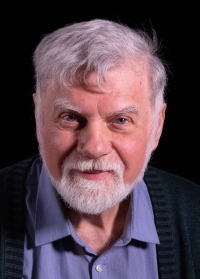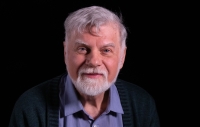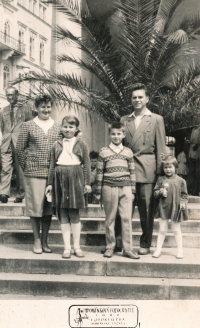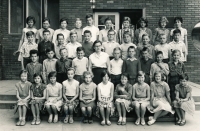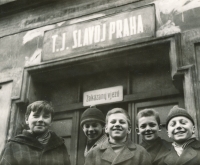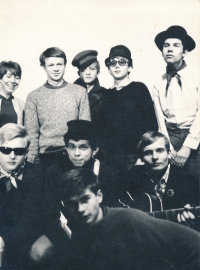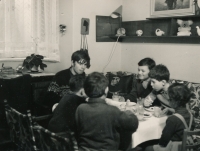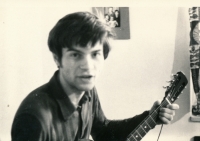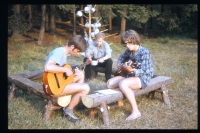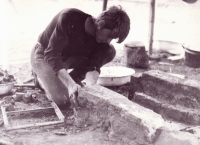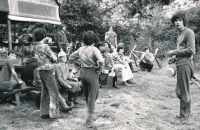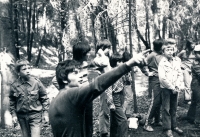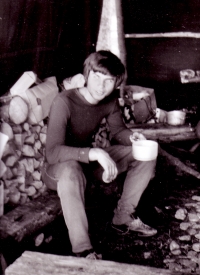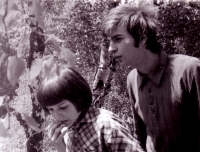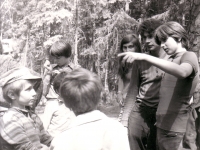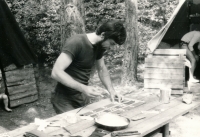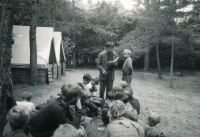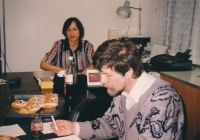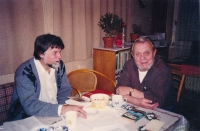To teach the children to cooperate and to develop their moral sense is more important than knots or Morse code
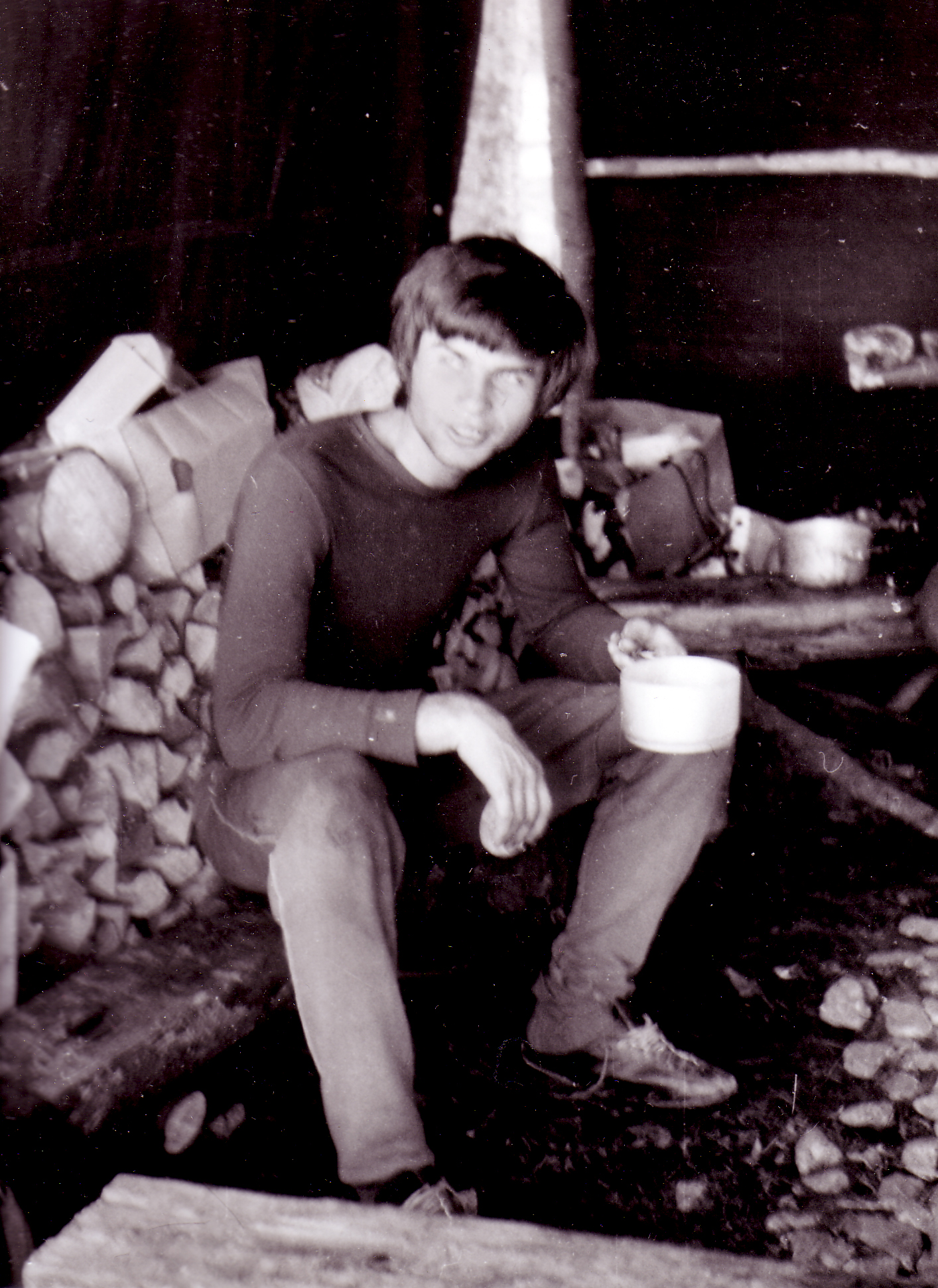
Stáhnout obrázek
Jiří Zajíc was born on May 17th of 1951 in Praha. His father, Josef, worked as a geologist, his mother, Malvína, was a housewife who had also studied catechism. His family was Catholic with a critical stance towards communism. He got involved with the Scout Movement for the first time during the Prague Spring of 1968, when the organisation was allowed to resume its activities. After the Warsaw Pact invasion in August, he co-organised a two-day strike at a high school and joined the Scouts as a Cubs´ group leader. He graduated in Numerical analysis from Charles University´ Faculty of Mathematics and Physics. After the Scouts were disbanded in 1970, he joined tourist club TJ Sokol Praha-Krč with part of his group, where he continued to work with children in the spirit of the Scout Movement. He had participated in the activities of the illegal ‚Hidden Church‘ and had been organising Praha´s Catholic youth community. Since 1976, he had been working at the research department of Prague´ University of Economics Computer Centre, participating on the project of utilising computers in the educational process. In the late 70s, the Secret Police began to investigate his activities and planted an agent into the Catholic community, who was later exposed. Jiří Zajíc went through his first interrogation. Temporarily, he abandoned his activities associated with the tourist club and devoted himself to the ‚underground church‘, becoming editor-in-chief of the illegal Czechoslovak catechism workgroup. After November 1989, he had become a leading figure in the complicated process of renewal of the Scout Movement in Czechoslovakia. He founded and was the director of the Czech Radio´ editorial office covering the religious life in the country. He was among the founders of the Česká rada dětí a mladeže (Czech Council of Children and Youth), an umbrella organisation for the youth organisations including the Scouts, and later he was the director of its main office. Apart from being a high-ranking Scout Movement official, he also worked as a media analyst and a teacher, and published several books.
